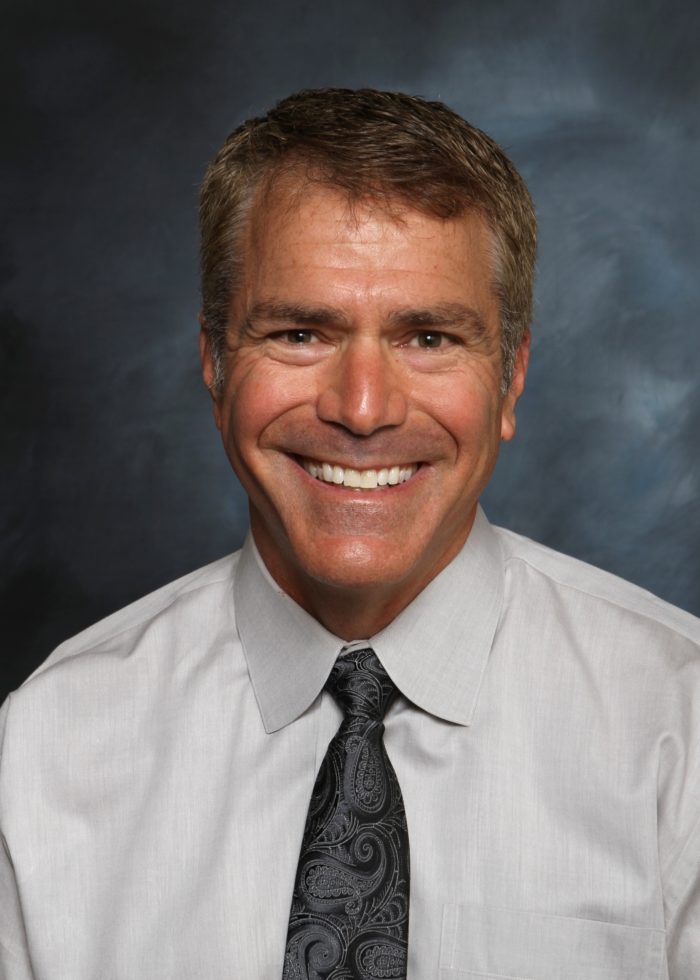CHOC wants its referring physicians to get to know its specialists. Today, meet Dr. Perry Eisner, a pediatric anesthesiologist at CHOC at Mission Hospital.

What is your education and training?
I attended the Ohio State University School of Medicine. My internship was in pediatrics at UC Irvine and with all of my rotations spent at CHOC. When UC Irvine no longer had their pediatric residents at CHOC, I transferred to Harbor-UCLA Medical Center, where I completed my pediatric training. I then became board-certified in pediatrics, and in 1988, I began a specialized program at the main UCLA campus in Westwood that combined general anesthesiology residency with a fellowship in pediatric anesthesia and pediatric critical care medicine.
Administrative appointments:
I have been the chief of surgery at CHOC at Mission Hospital for the past six years.
What are your special clinical interests?
My interest is in making surgery as stress-free as possible for both my pediatric patients and their families.
How long have you been on staff at CHOC?
Twenty-one years
What are your most common diagnoses?
My patients have a range of conditions. We have everything from trauma patients with brain injuries or children with orthopaedic injuries to kids with head and neck problems. It runs the gamut.
What would you most like community/referring providers to know about you/your division at CHOC?
At CHOC at Mission, we have four fellowship-trained pediatric anesthesiologists and ensure that children undergoing surgery have not only the safest but also the best experience possible. There is not a hospital in the county that provides a higher level of care.
What inspires you most about the care being delivered here at CHOC?
What inspires me the most is the dedication of the entire team that CHOC has assembled to care for pediatric surgical patients. From the surgeons and the nurses to the critical care physicians and the hospital-based physicians, it is a team that cannot be matched. We have practitioners that were trained in the finest facilities in the country and who care not only about delivering state-of-the-art care, but also care equally about reducing the stress of an illness or surgery for both our patients and their families.
Why did you decide to become a doctor?
I became fascinated with medicine when I was in high school and worked in an emergency room in downtown Cleveland as an orderly. I have also loved interacting with children. I found that when one works with kids, you can take a horrifying and stressful situation and transform it into a minor event. That is my goal each day in the operating room.
If you weren’t a physician, what would you be and why?
Honestly, I don’t know. It’s all I’ve ever wanted. I didn’t have a back-up plan. It’s not something I’d recommend, but it’s not something that I did. I didn’t have a plan B.
What are your hobbies/interests outside of work?
My hobby is playing racquetball. I began playing 40 years ago and play two to three times per week.
What have you learned from your patients?
With kids, when they’re going through something stressful, I find that if you can divert their attention by doing something that they think is funny or makes them laugh. I’ve learned though that this works for adults too. It seems so natural with kids, but it works just as well with adults as kids. When there’s something stressful going on, if you can divert your attention to something light or funny, it can get you through anything.




